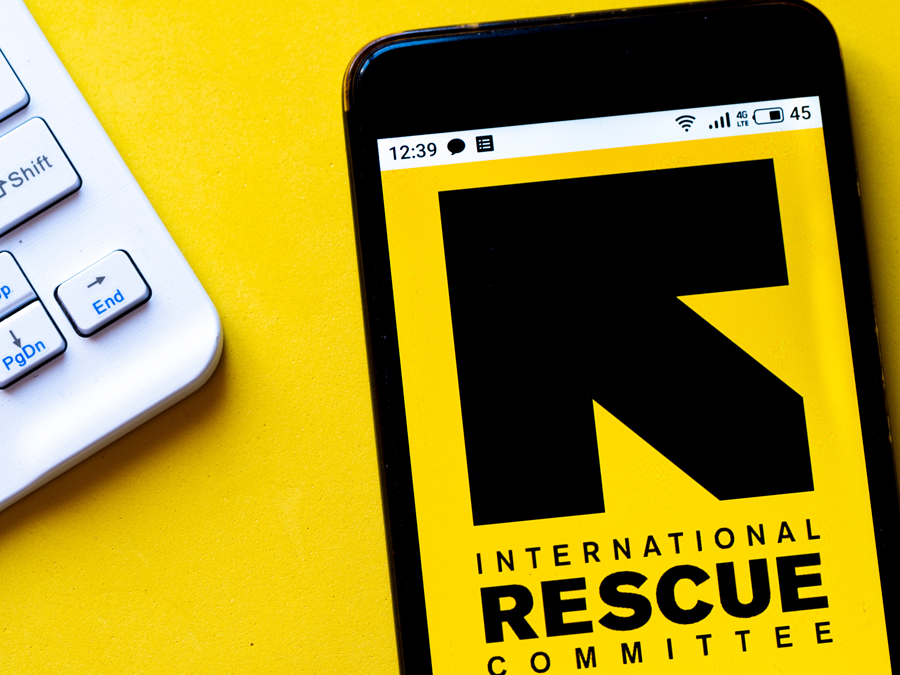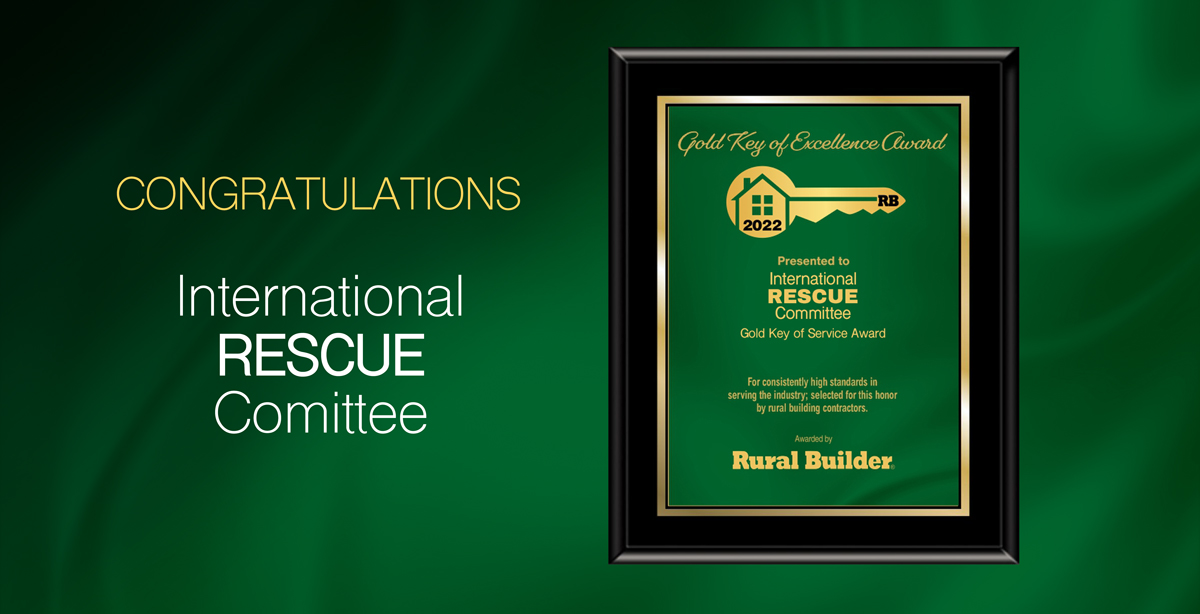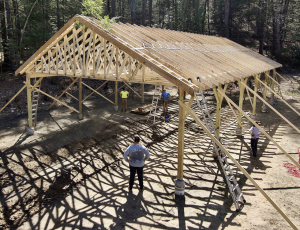In recent times, we’ve seen the sad stories on the news about what is happening to Ukraine…over 12 million people have been displaced by the Russo-Ukrainian war according to the United Nations, with thousands dead, and thousands living in fear. The International Rescue Committee is doing something about it.
The Response to the Russian Invasion
The International Rescue Committee’s (IRC) response to Russia’s invasion of Ukraine is no different than their usual response to crisis. Their team quickly deployed to neighboring Poland, where they are working with partners to assist arriving refugees. They are also working with partners inside Ukraine, supporting the evacuation of women and children and providing emergency aid to people who had to flee their homes.
In Ukraine, the IRC is working with Ukrainian partners to support evacuation efforts for women and children, provide psychological care and deliver groceries, blankets, warm clothes, stoves, cash and other essentials to displaced families.
In Poland, the IRC is working with three local organizations to meet the needs of families displaced from Ukraine, many of whom are staying in shelters across the country.
This work includes cash support as well as bedding, toiletries, mental health services and other emergency assistance.
It also includes safe spaces and support for children, including connecting teachers with jobs and working to help children integrate into Polish classrooms.

The Mission
The IRC was begun in 1933, by suggestion of Albert Einstein to help people fleeing Nazi Germany. The mission was then and continues to be helping people whose lives and livelihoods are shattered by conflict and disaster, (now including the climate crisis) to survive, recover, and gain control over their future.
IRC focuses on the following areas:
•Economic Wellbeing
The IRC works to help people have their most basic survival needs met and have sustainable income and assets so they can prosper and build a brighter future.
•Education
During conflict and crisis, education protects children and sets them up for a better future. Over 127 million children in countries affected by war and displacement are missing school, while others receive a poor quality education.
•Empowerment
Millions of people across the world don’t have control over important choices that affect their lives, such as where they live, how they live, and how they are governed. Women and girls, in particular, struggle to advocate for their rights and make their voices heard. These issues are worsened by crises, which often uproot families, tear apart communities, and weaken government systems.
•Health
Each year, millions of people die from preventable causes in countries affected by violent conflict and natural disasters. Most of these deaths are the result of disruptions related to crisis: poor sanitation, shortages of food and medicine, and inadequate prevention. Refugees resettled in the United States also can face difficulties accessing proper health care.
•Safety
Each year, millions of people—particularly women and children—are subject to violence and abuse, and struggle to feel safe in their homes and communities. Trapped in countries plagued by crisis, many cannot access the resources they need to ensure their own safety and recover from abuse.
•Women and Girls
Particularly in places affected by crisis, females face discrimination, violence, and a lack of equal opportunities. Their lives are thereby threatened and they are robbed of their potential. But with the right support and investment, they can change their own futures and uplift entire communities. They can change the world.
Where The IRC Helps
The IRC offers a helping hand in regions in crisis all over the world including: Kenya, Ethiopia, and the Ivory Coast in Africa; Afghanistan, Bangladesh, and Thailand in Asia; Poland, Serbia, and Ukraine in Europe; Colombia, Mexico, and Venezuela in Latin America; Iraq, Syria, and Yemen in the Middle East; and poor areas in the United States. RB



















